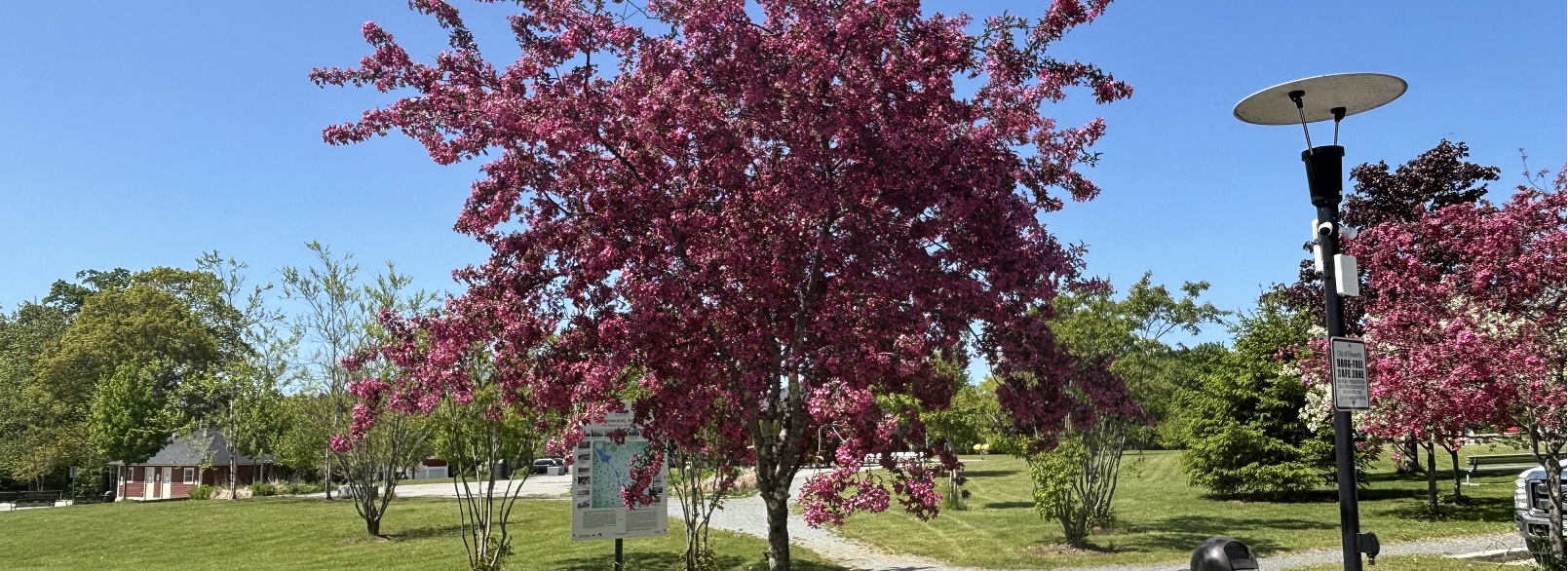
Dr. Susan Shaw is Third Annual Roque Island Lecturer at the University of Maine at Machias
- This event has passed.
September 30, 2015 @ 11:00 am - 12:00 pm
Event Navigation
Dr. Susan Shaw will present “Poisoned Waters: Our Oceans As Indicators of Planetary Health” as the third annual Roque Island Lecture on Environmental Conservation at the University of Maine at Machias. The lecture is sponsored by the Eastern Maine Conservation Initiative and UMM, and will be presented at 11 a.m. Wednesday, Sept. 30 in Room 102 in the Science Building. The presentation is free and open to the public.
“In this talk I will discuss the multiple stresses on our oceans today, with an emphasis on ocean pollution,” Shaw explained. “Marine wildlife and people are exposed to everyday contaminants that we cannot avoid. I will talk about how chemicals and plastics we use are migrating into our oceans and contaminating the food web at all trophic levels including marine top predators. As a society, we need to confront the consequences of ocean pollution and listen to the signals coming from wildlife sentinels such as marine mammals that are highly exposed. I will also talk about other stresses including climate change, global warming, changes in ocean chemistry, and how warming and sea level rise will not only result in marine species loss and human population displacement from coastal areas, but also will increase the toxicity of chemical contaminants in the ocean environment.”
Shaw is an Environmental Health Scientist, the Director/Founder of the Marine & Environmental Research Institute based in Blue Hill, Maine, and Professor of Environmental Health Sciences in the School of Public Health at the State University of New York in Albany, NY. She is a globally recognized expert on the health effects of environmental chemical exposure in wildlife and humans, and has published extensively in the areas of environmental and occupational exposure, environmental toxicology and health hazards related to a wide range of pollutants, including flame retardants and perfluorinated chemicals that are widely used in consumer products. She has 30 years of experience designing and carrying out studies to assess the impacts of environmental chemical exposure on highly exposed individuals and populations.
Shaw is credited as the first scientist to discover that brominated flame retardant chemicals have contaminated marine mammals and commercially important fish stocks in the northwest Atlantic Ocean. Following the 2010 BP Deepwater Horizon oilrig explosion in the Gulf of Mexico, Shaw was appointed to the Department of the Interior’s Strategic Sciences Working Group to assess the health and environmental consequences of the oil spill. Her research has influenced policy decisions on the management of toxic chemicals in the US and abroad.
Since 2009, Shaw has investigated occupational exposure to toxic chemicals among fire fighters that may relate to their high rates of cancer. Her recent investigation of California fire fighters is considered the most extensive exposure assessment in fire fighters to date. She is currently directing the National Fire Fighter Cancer Study, a long-term study of chemical exposure and biomarkers of health effects related to cancer risk among US fire fighters.
The Science Building is the first building on the right upon entering the UMM campus.










